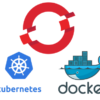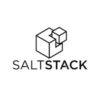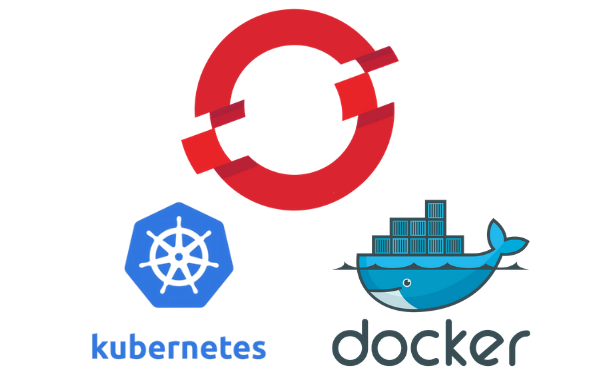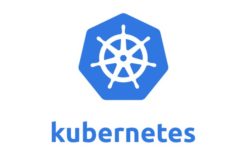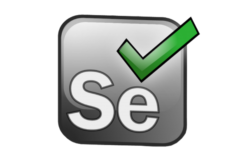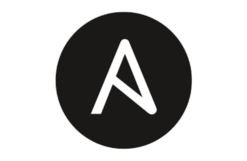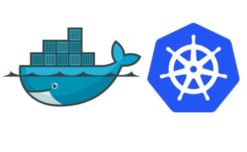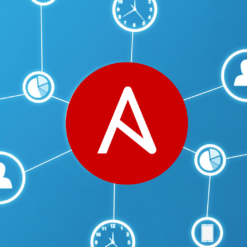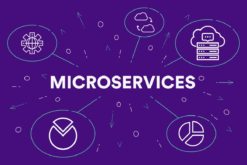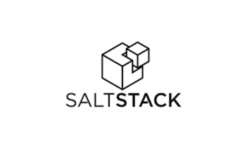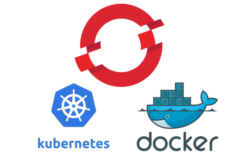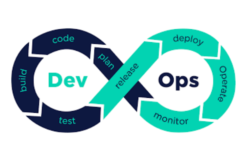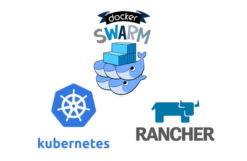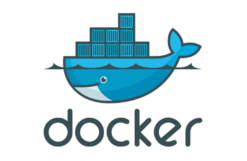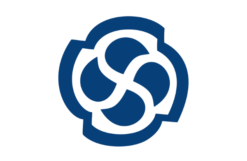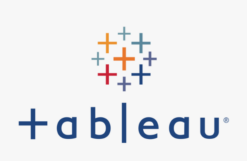Course Overview:
Docker is an open-source platform for automating the process of building, shipping and running applications inside containers. Kubernetes goes one step further by providing the tools needed to deploy and manage containerized applications at scale in a clustered environment. OpenShift Container Platform (formerly OpenShift Enterprise) brings Docker and Kubernetes together into a managed platform, or PaaS (Platform as a Service), to further ease and simplify the deployment of Docker and Kubernetes. It provides predefined application environments and helps to realize key DevOps principles such as reduced time to market, infrastructure as code, continuous integration (CI), and continuous delivery (CD). OpenShift Container Platform is maintained by Red Hat.
Course Objectives:
Participants will learn how to manage containers running on Docker, Kubernetes, and the Red Hat OpenShift Container Platform (OpenShift).
- By the end of this training, participants will be able to:
- Create and configure an OpenShift setup.
- Quickly deploy applications on-premise, in public cloud or on a hosted cloud.
- Format of the course
- Part lecture, part discussion, exercises and heavy hands-on practice
Pre-requisites:
- An basic understanding of container concepts
- Experience with the Linux command line
- Experience with web application architectures
- Application development experience
Target Audience:
- Developers
- System Architects
Course Duration:
- 35 hours – 5 days
Course Content:
Introduction
From Docker containers, to managed clusters of containers with Kubernetes, to managed Docker and Kubernetes with OpenShift.
Docker
- Overview of Docker architecture.
- Setting up Docker.
- Running a web application in a container.
- Managing Docker images. Networking Docker containers.
- Managing the date inside a Docker Container.
Kubernetes
- Overview of Kubernetes architecture.
- Managing a cluster of Docker containers with Kubernetes.
OpenShift
- Overview of OpenShift architecture.
- Creating containerized services.
- Creating and managing container images.
- Deploying multi-container applications.
- Setting up an OpenShift cluster.
- Deploying applications on OpenShift Container Platform using source-to-image (S2I).
- Summary and Conclusion

